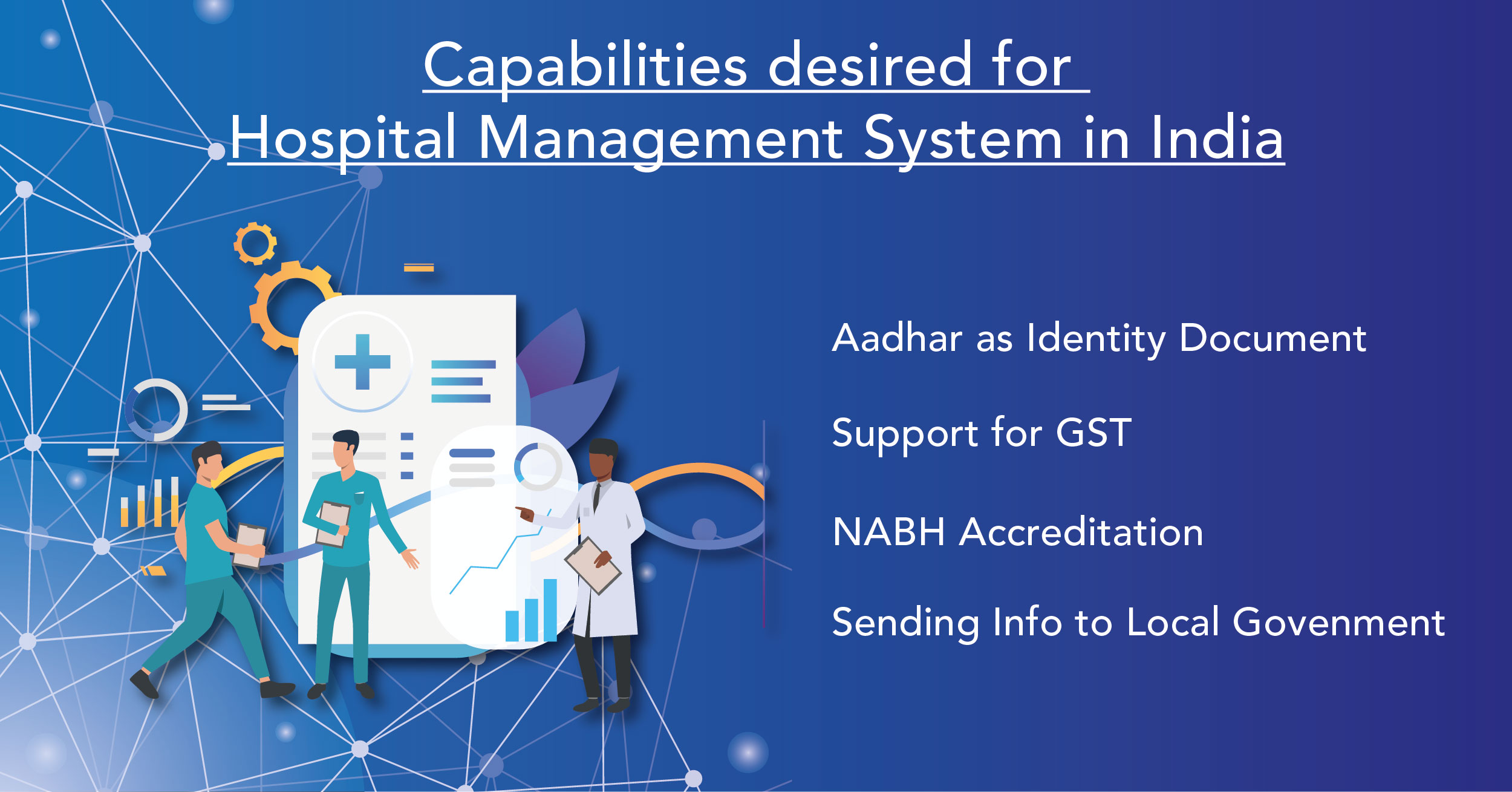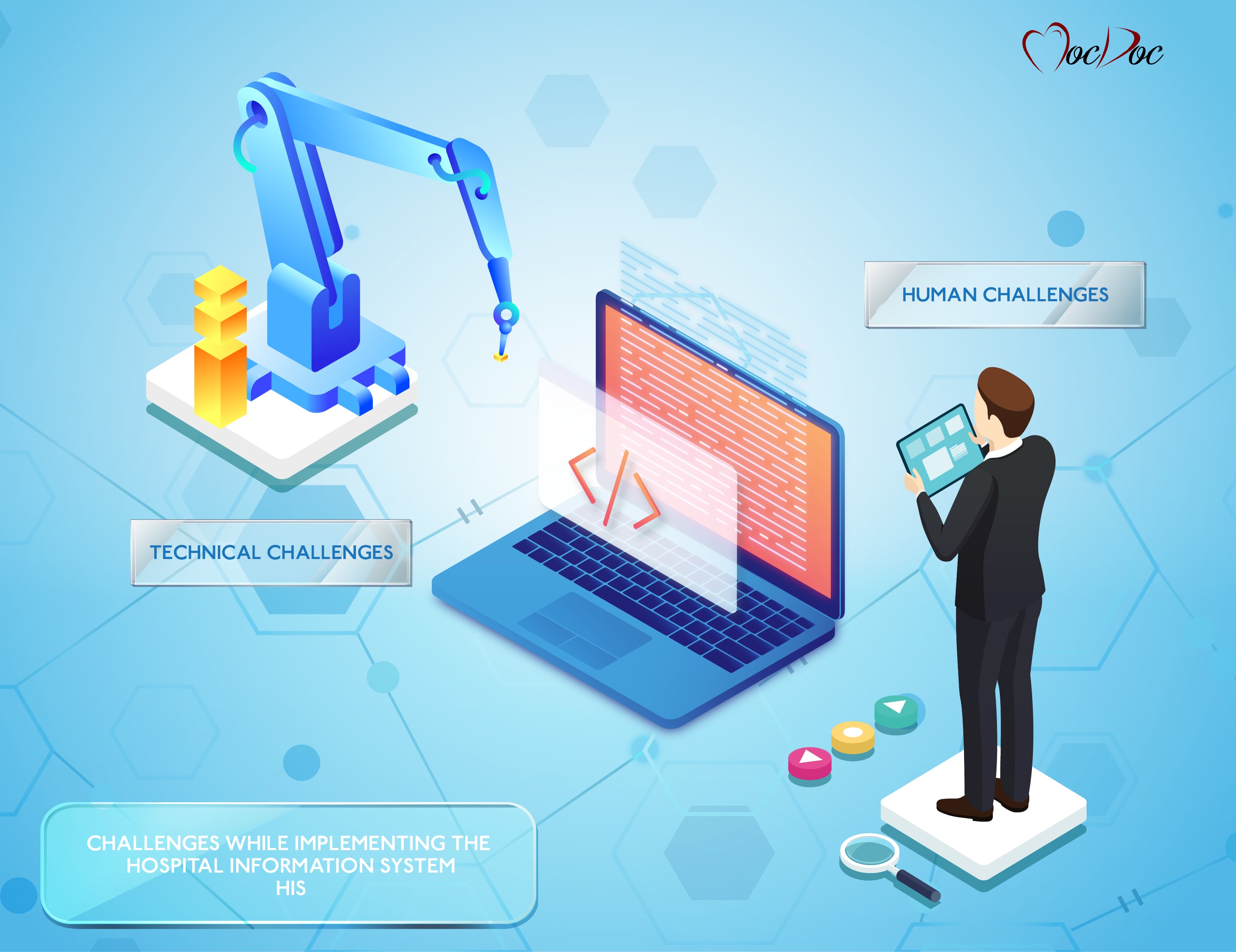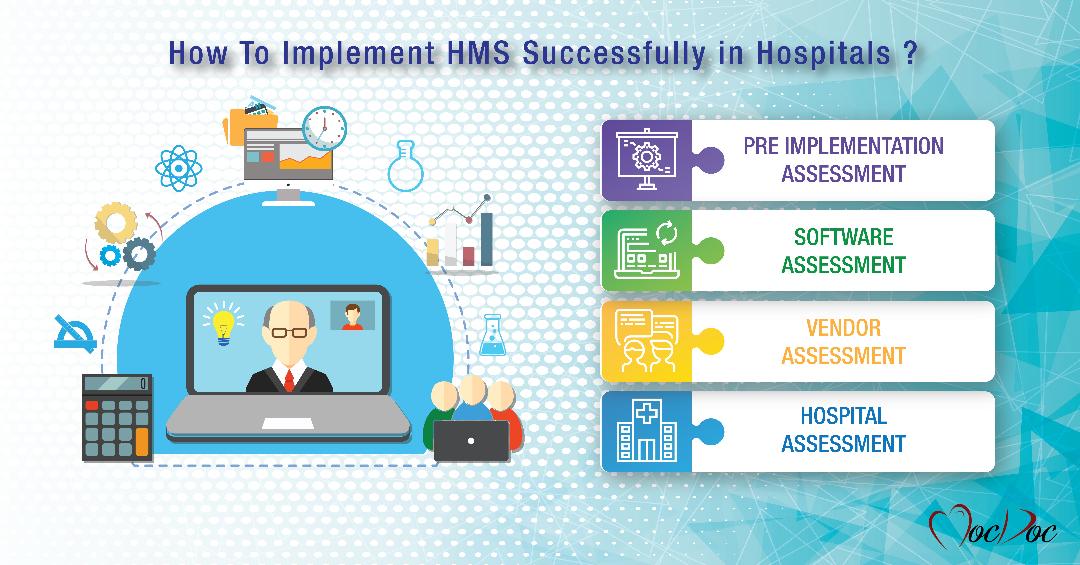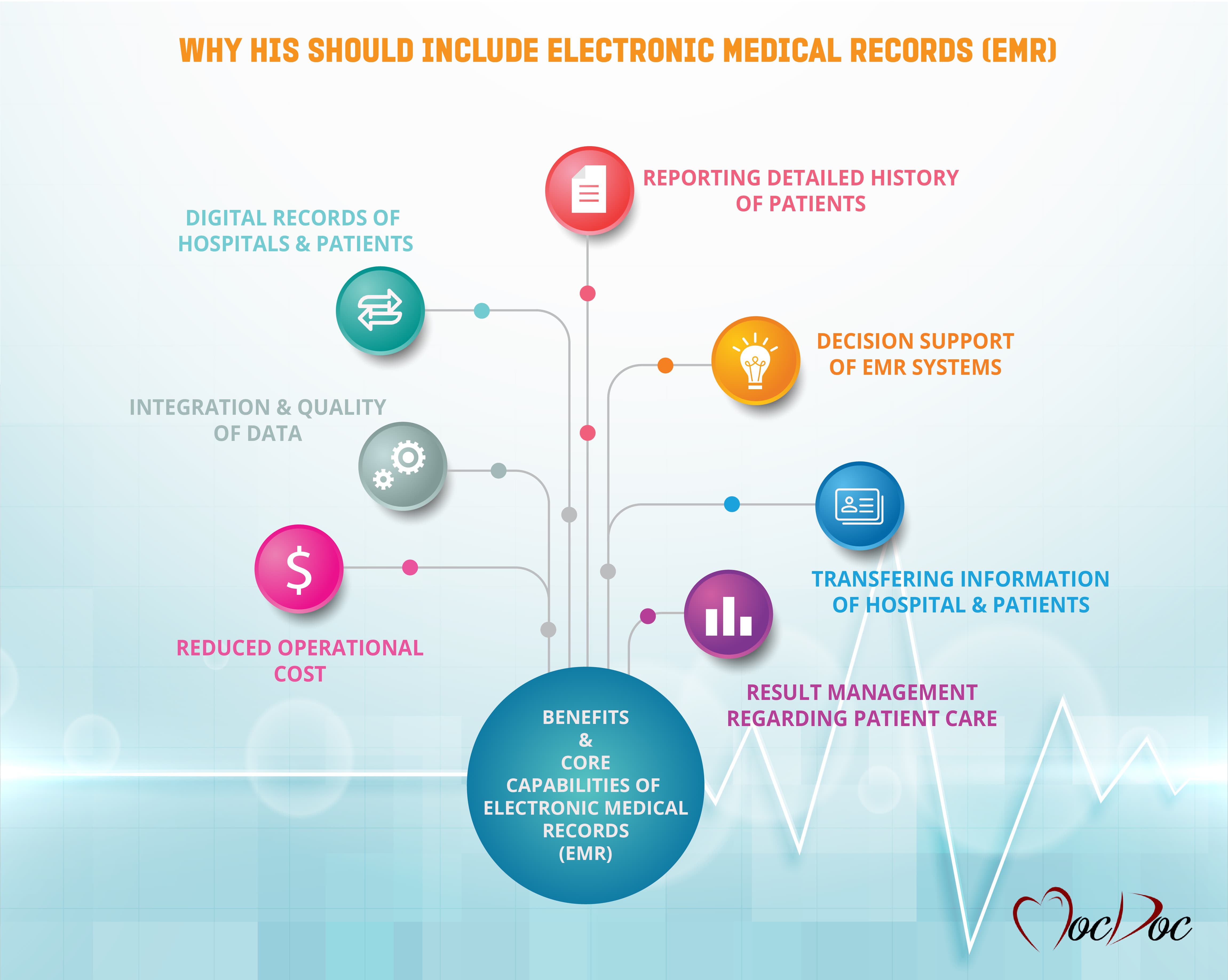MocDoc's Offerings
Capabilities desired for hospital management system in India
Published By
Steve
2019071814:51:16
Category HMS

Aravind Kejriwal recently directed the health officials in Delhi to develop a hospital management system of global standards. While hospital management systems have been in use for a while, there are currently no rules or regulations that lay down the standards for them in India. In the US electronic health records are regulated by the Health Information Technology for Economic and Clinical Health Act (HITECH Act) and the Health Insurance Portability and Accountability Act (HIPAA Act).
In India, even though only the IT Act of 2000 applies for electronic health records, the Ministry of Health and Family Welfare have recognized the need for electronic health records and periodically issues standards for them, for the purpose of promoting interoperability, technical innovation, participation by vendors and other stakeholders, and to support the evolution and timely maintenance of adopted standards.
Besides these guidelines, some other key features also play a key role in making a hospital management system best suited for the Indian healthcare sector. Let’s see what the specific requirements for a hospital management system in India are.
Aadhar as an identifying document.
According to the recommendations by the Ministry of Health and Family Welfare, the electronic health record of a patient must have the provision to include the UIDAI Aadhar number as the preferred identifier. In case Aadhar information is unavailable, the ministry recommends the use of a local identifier (as per the scheme of the healthcare service provider) and a photo ID issued by the Central or State government. The system should have a provision to accept a minimum of two IDs when an Aadhar ID is not available. In the case of unidentified patients, a local identifier may be used and confirmed identifiers inserted later when available. The government recently opened doors for integrating Aadhar with any software, but the software needs to meet certain criteria. While the recommendations are not implemented on a mandatory basis, it may become so in the future and therefore it is better to get software that follows them.
Support for GST
The Government of India recently passed the Goods and Services Act(GST) and many healthcare services come under its ambit. One of the important and commonly used aspects of hospital management software is billing. There is software that carries out the sole purpose of billing, while most hospital database management systems come integrated with it. With the implementation of GST, along with other service providers, healthcare providers such as hospitals and clinics are required to comply with the norms of GST. So it is important that hospital management software is able to handle the billing according to GST norms, and integrated with GST filing software.
Formed in 2005, the National Board for Hospitals and Healthcare Providers is part of the Quality Council of India and is the principal accreditation for hospitals in India. NABH accreditation is becoming more and more important with the rise in medical tourism and patient awareness about their rights. Unlike ISO certification, NABH accreditation is specific to the healthcare industry and focuses on competency in terms of staff, equipment, premises, etc. For NABH accreditation of a hospital, the information management system of the hospital should meet the necessary criteria. This includes that the records of every patient are complete and accurate. It is necessary that the policy measures are in place to ensure data integrity, confidentiality and security. A hospital management system plays a crucial role in this. An HMS that can safely manage the patient data in a safe and secure manner, and keep it updated in a timely manner can make this process much easier. The HMS must assure data redundancy and integrity and should be secure against data loss or theft, for the hospital to easily achieve NABH accreditation. The HMS system must be capable of generating the data points that must be submitted for NABH accreditation.
Sending info to local government
Hospitals have to send certain information, such as birth rates and death rates, to the government periodically. This is required for keeping track of the population and related statistics. Sometimes during a disease outbreak, government health officials will need accurate data regarding the affected individuals to tackle the issue effectively. One of the primary functions of a hospital management system is the effective management of data. It should be capable of storing, retrieving and updating the information easily. With a system that can easily sort through the relevant data, the required data can be collected and sent to health officials easily and in a timely manner. Without an effective system, the hospital staff will have to manually go through a mountain of data, wasting time and resources.
For more info, visit MocDoc Healthcare Solution.
Related Articles
Challenges while implementing ...
Hospital Management System has been use..... Read more
How to Implement HMS Successfu...
When compared to other industries, the healthcare ..... Read more
Why your HMS should include El...
HMS covers three aspects of managing the hospital;..... Read more
How voice assistants can make ...
With advancements in AI, digital assistants are be..... Read more



